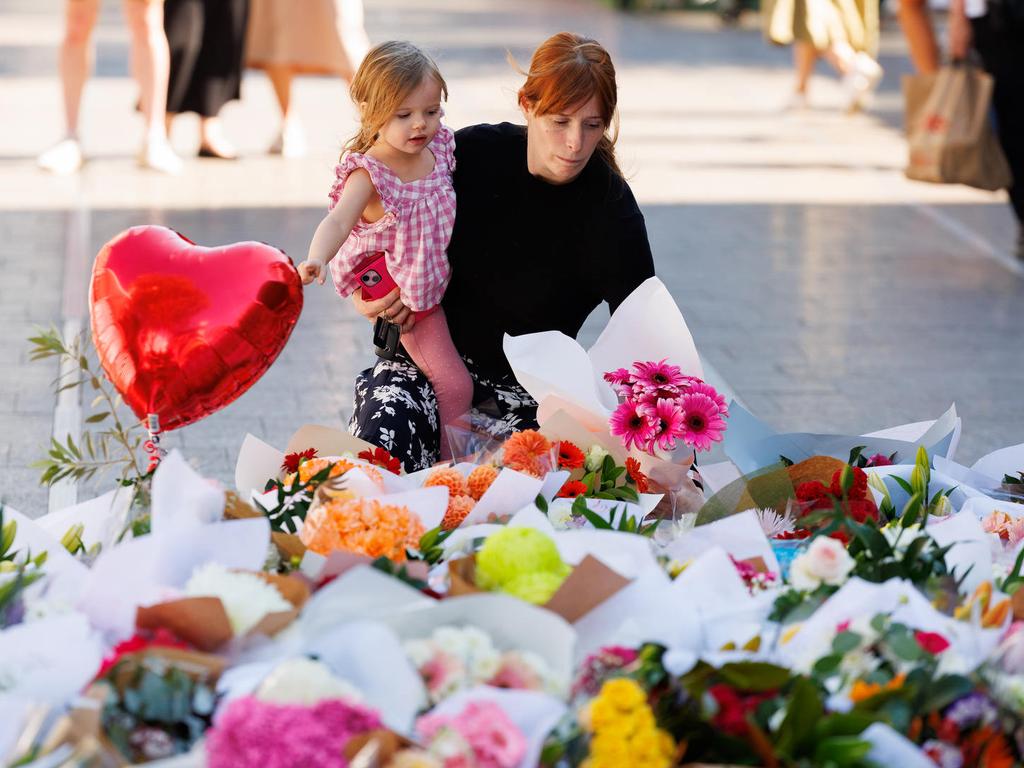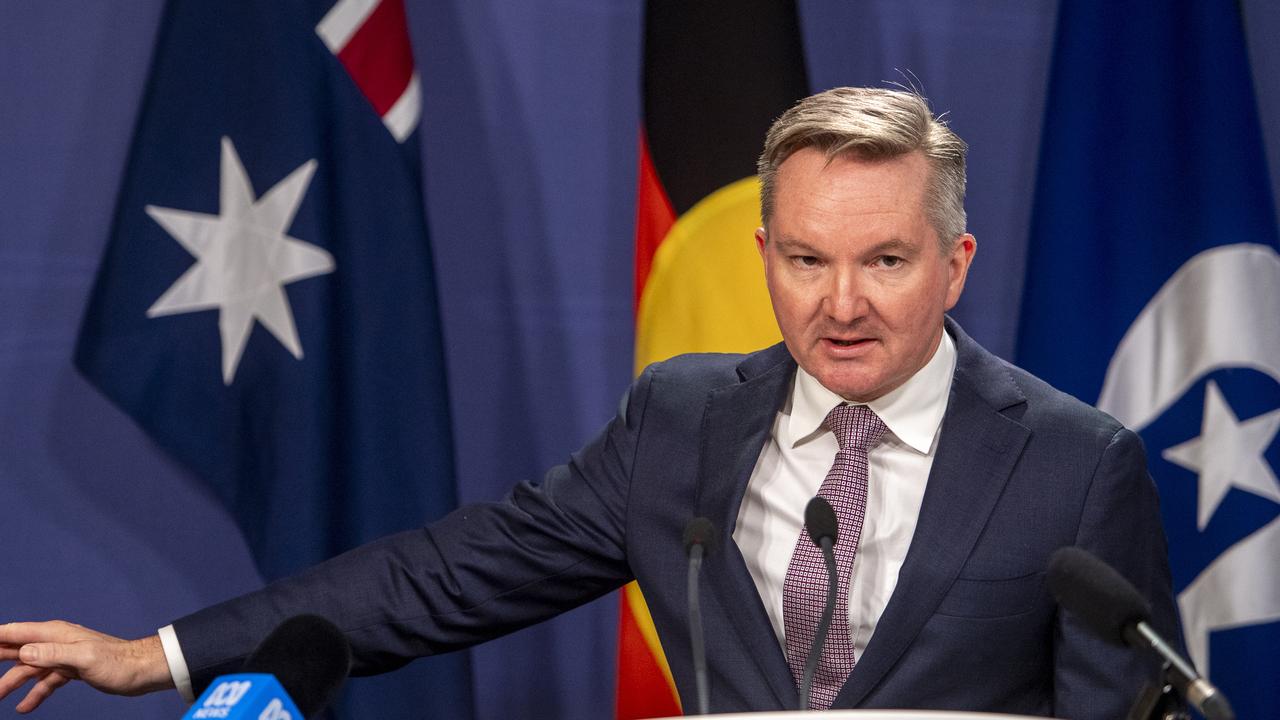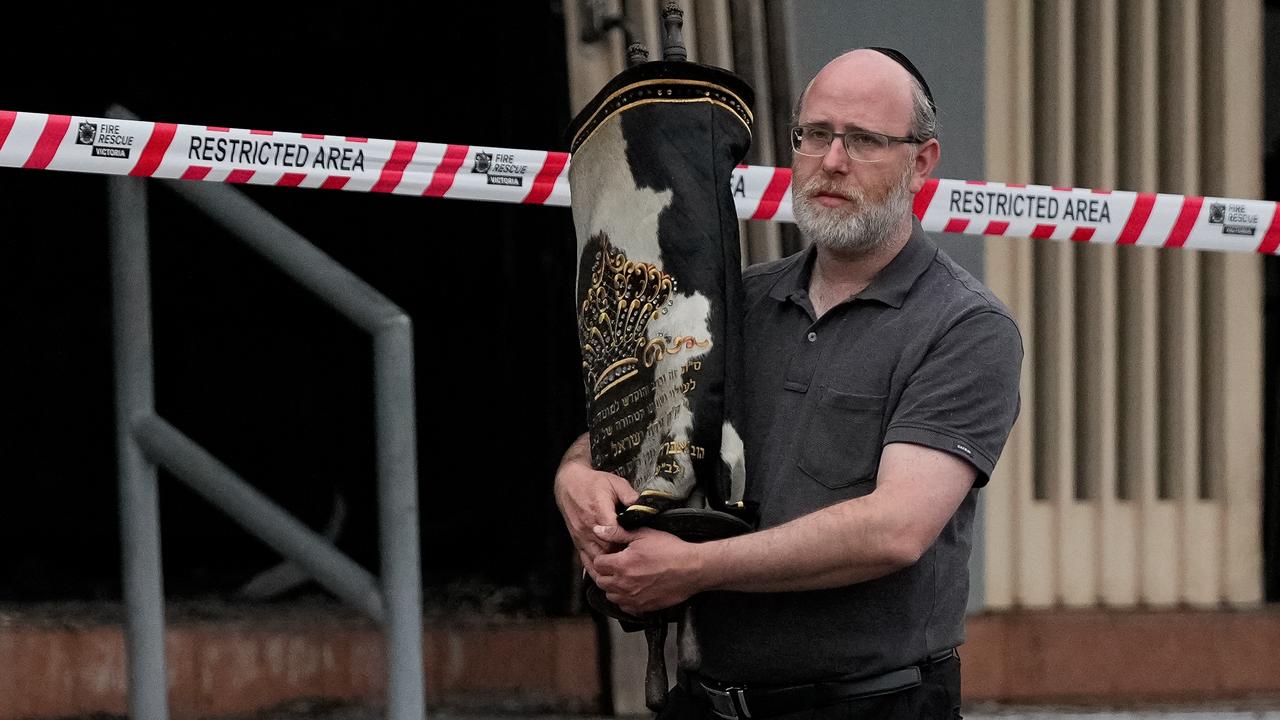Mental health starts with culture of care in communities
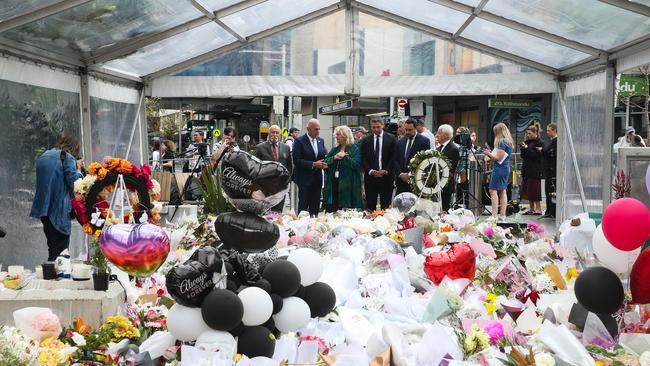
Many would agree the past month has seen a higher than normal number of stories relating to violence. Most prominent of course was the tragedy at Bondi Junction last month. But now we read news of a 16-year-old boy who stabbed someone and charged police officers in Perth before being shot dead. He was reportedly “radicalised online”.
While these incidents are relatively few, given the size of Australia’s population, they do suggest society is changing in ways we should be concerned about. Accordingly, mental health has received much attention, generating claims that the mental health system needs radical fixing.
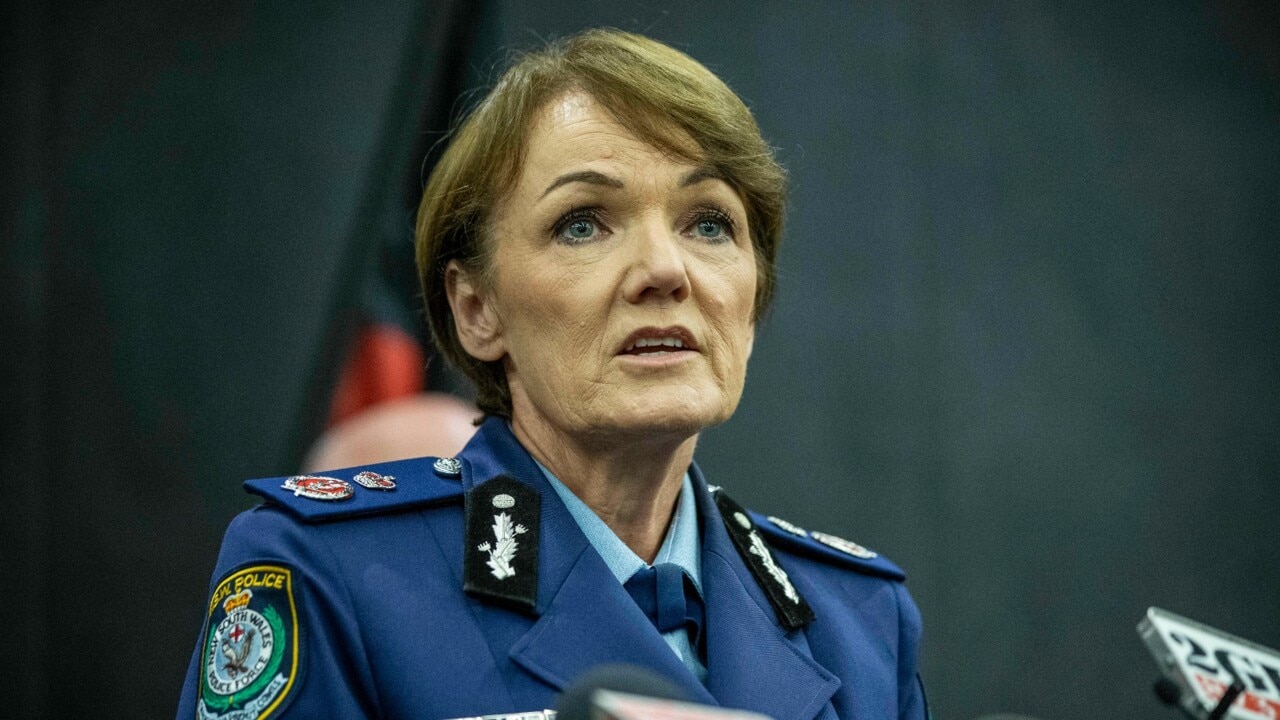
Mental health expert Patrick McGorry, who was recently quoted in The Australian, said: “The only way to reduce the risk to the public is to fund the mental health system in a substantially increased way with the right service design and culture of care.” Enhancing our mental health system can undoubtedly usher in improvements in mental wellbeing, yet it is not an all-encompassing solution. A more proactive and better long-term strategy is to prevent more people from needing the mental health system in the first place. In simple terms, this means greater emphasis on early intervention, or what you might call an “upstream approach”.
If this idea seems heretical, would it be foolish to suggest that the best way to prevent death from heart disease is to focus on the health system and have more and better heart surgeons? We need heart surgeons, but empowering individuals with the knowledge to adopt healthy lifestyles will prevent more deaths from heart disease.
Early intervention is not meant to replace the mental health system; it remains necessary for those who struggle with daily functioning. Without its services, these individuals can spiral downwards to the point where they are at an increased risk of harm to themselves or others.
Adopting an upstream approach to lessen the burden on the mental health system seems apparent when we use the World Health Organisation’s definition of mental health: “A state of wellbeing in which every individual realises his or her own potential, can cope with the normal stresses of life, can work productively and fruitfully, and is able to make a contribution to her or his community.”
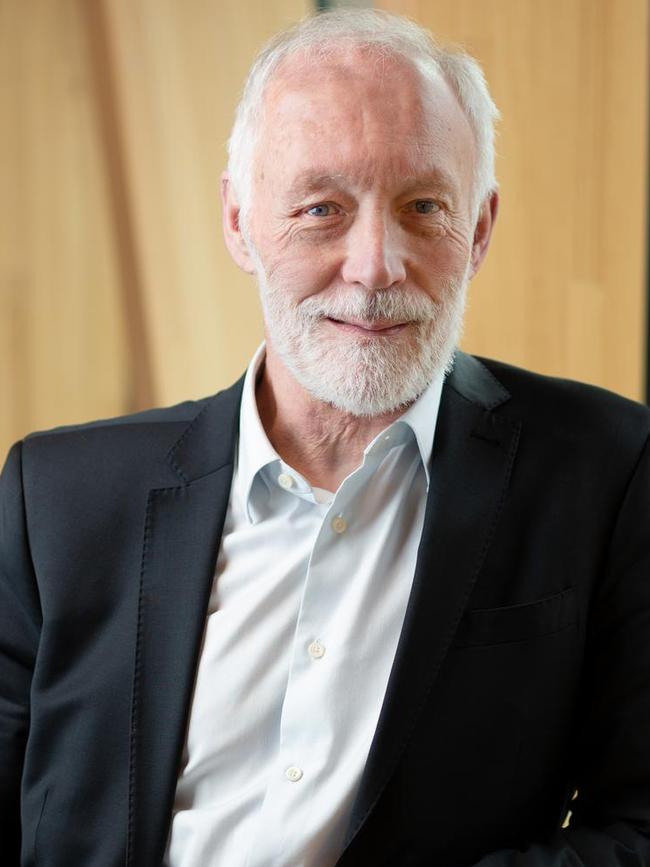
I infer from this definition that a person with sound mental health is one who feels he or she belongs to their community. With a sense of belonging, individuals are more likely to feel they matter and can consequently cope with life’s challenges.
To help people develop a sense of belonging, it cannot and should not be the responsibility of the mental health system alone. A cultural shift in society is needed.
McGorry mentions a “culture of care.” While such a culture is important for the mental health system, it is equally important beyond it. This culture should extend to the fabric of our daily lives: our families, neighbourhoods, schools and workplaces.
In communities with a culture of care, members feel valued and safe, have purpose, and have ample opportunity to contribute to the wellbeing of others. While their mental health is not invincible, it is generally robust.
While many such communities already exist, we need more of them. However, this will be a challenge given society has devolved to the state where we are busier and relating more with automated services rather than other people.
Further, we are distracted from participating in real life because we are so preoccupied watching other people’s lives on social media; lives that are often fake. While social media has its benefits, it does create in many of us a drive to strive for near-impossible levels of success, which results in feelings of failure and disconnection when these levels are not attained.
From what we know of the man responsible for the deaths at Bondi Junction, his final few years were the picture of disconnection, estranged from family, increasingly online, and at times homeless. There are many more like him today. Is it any wonder that increasingly more people are in need of serious mental health intervention? Certainly, dedicated therapy services are needed, but there are benefits to embracing the informal therapeutic practices of earlier generations.

US psychologist Rick Hanson stated: “In our hunter-gatherer history most therapy was accomplished by people sitting around a fire talking with each other. Today, if people spent more time sitting around a campfire talking with people they cared about … there’d be a lot less need for therapists.”
Essentially, Dr Hanson is saying: “Let’s reconnect with one another.” Like physical health, mental health goes through the stages of formation, maintenance and repair when it is damaged or compromised. More attention in the initial stages will see less need for intervention at the repair stage. We need to start reconnecting with each other and see that our most valuable yet overlooked asset is our relationships with each other.
It is through these bonds that we can create a resilient fabric of community support, fortifying our collective mental health.
Anthony Dillon is a researcher at the Institute for Positive Psychology and Education at the Australian Catholic University in Sydney.



